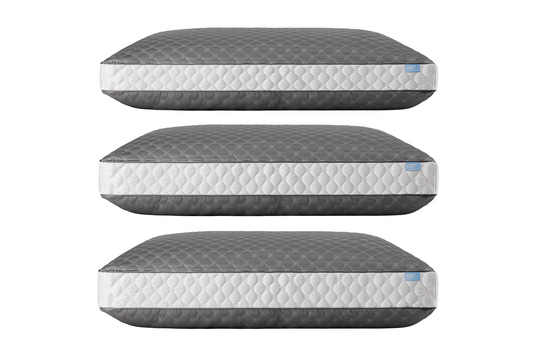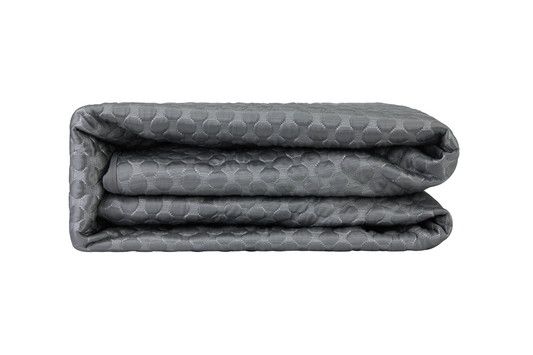 Sleep is essential for our overall well-being, and what we eat before bedtime can significantly impact the quality of our sleep. Consuming the wrong foods can lead to discomfort, indigestion, and even insomnia. On the other hand, making wise food choices can help promote a restful night’s sleep. In this article, we’ll discuss foods to avoid before bed and offer some healthier alternatives for those times when you must satisfy late-night cravings.
Sleep is essential for our overall well-being, and what we eat before bedtime can significantly impact the quality of our sleep. Consuming the wrong foods can lead to discomfort, indigestion, and even insomnia. On the other hand, making wise food choices can help promote a restful night’s sleep. In this article, we’ll discuss foods to avoid before bed and offer some healthier alternatives for those times when you must satisfy late-night cravings.
Foods to Avoid Before Bed
- Caffeine: Coffee, tea, and many soft drinks contain caffeine, which is a stimulant that can disrupt sleep patterns. It’s best to avoid caffeine at least 4-6 hours before bedtime.
- Sugary Snacks: High-sugar foods and snacks can lead to energy spikes and crashes, making it challenging to fall asleep and stay asleep. This includes candy, cookies, and sweetened cereals.
- Spicy Foods: Spicy foods can cause indigestion and heartburn, making it uncomfortable to lie down and sleep peacefully.
- Fatty Foods: High-fat meals can be hard to digest and may lead to discomfort, especially if eaten too close to bedtime. Avoid fried foods and heavy, greasy dishes.
- Alcohol: While alcohol might make you feel drowsy initially, it can disrupt your sleep cycle and cause frequent awakenings later in the night.
Better Alternatives for Late-Night Snacking
If you find yourself hungry before bedtime, there are several healthier options that won’t negatively impact your sleep:
- Complex Carbohydrates: Opt for whole-grain options like whole wheat crackers, a small serving of oatmeal, or a slice of whole-grain toast. These foods provide a slow and steady release of energy, helping to keep blood sugar levels stable.
- Lean Protein: A small portion of lean protein can be filling and satisfying. Consider a few slices of turkey or chicken breast, a hard-boiled egg, or a serving of low-fat Greek yogurt.
- Fresh Fruit: A piece of fresh fruit like an apple, banana, or a handful of berries can provide natural sweetness without the sugar crash. Fruits also contain vitamins and minerals that can promote relaxation.
- Nuts and Seeds: A small serving of nuts or seeds, such as almonds, walnuts, or pumpkin seeds, can provide healthy fats, fiber, and protein to keep you feeling satisfied.
- Herbal Tea: Choose caffeine-free herbal teas like chamomile, peppermint, or lavender. These teas can have calming effects and help you relax before bedtime.
- Cottage Cheese: Cottage cheese is rich in casein protein, which is slow-digesting and can help prevent nighttime hunger.
- Whole-Grain Cereal with Milk: A small bowl of whole-grain cereal with low-fat milk can provide a balanced combination of carbohydrates and protein to keep you full.
Remember, portion control is crucial when snacking before bed. Overeating, even healthy foods, can lead to discomfort and disrupted sleep. Additionally, try to eat at least 1-2 hours before going to bed to allow for proper digestion.
Choosing the right foods before bedtime can make a significant difference in the quality of your sleep. By avoiding caffeine, sugary snacks, spicy and fatty foods, and alcohol, you can minimize disruptions to your sleep cycle. Instead, opt for healthier alternatives like complex carbohydrates, lean protein, fresh fruits, nuts, herbal tea, and dairy products. With a little mindful snacking, you can enjoy a restful night’s sleep and wake up feeling refreshed and energized. Sweet dreams!




